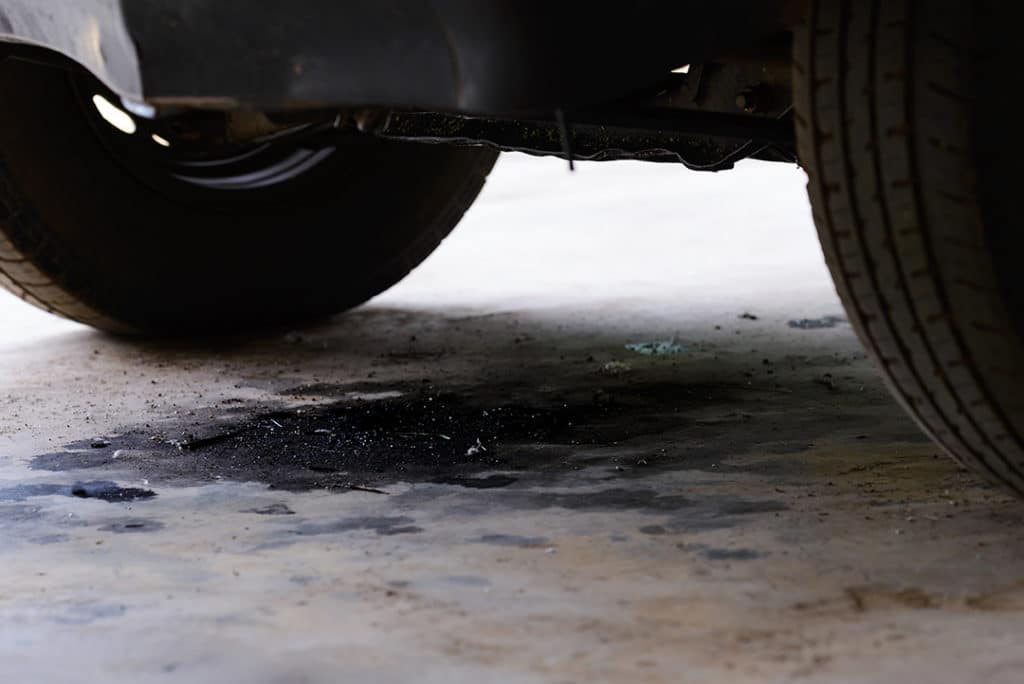One of the most common causes of issues in hydraulic systems is faulty seals. This can happen for a number of reasons, from chemical or thermal degradation to manufacturer fault or just regular wear and tear. When it comes time to replace a worn or damaged oil seal, you want to be sure you’re picking out the right replacement. Here are some factors to consider for matching a new seal to the system it’s for.

Temperature
Seals must be able to tolerate the expected range of temperatures within the hydraulic system, both during operation and at rest. High temperatures cause the material to melt or harden and become brittle, but low temperatures can also damage seals by contraction, weakening flexibility and allowing leaks. Anticipate the likely temperature range and select seal materials with that in mind.
Pressure
A seal exposed to excessive pressure will likely fracture, possibly leading to catastrophic failure as fluid and internal pressure is lost. In many cases, this occurs not because of the typical pressure range during operation but because of pressure peaks straining the seal. Take the frequency and severity of these peaks into consideration as well as the base pressure.
Fluid Medium
Flushing out or blocking contaminants from the hydraulic fluid is a vital practice for preserving seal quality. However, the fluid itself can be a cause of damage. Match seal materials to the hydraulic fluid and lubricant in use to prevent chemical erosion. Keep the fluid’s viscosity in mind as well: high viscosity means higher friction, but low viscosity means leaks are more likely to occur.
Operation Speed
The speed at which the piston pumps has a broad impact on the lifespan of hydraulic seals. Besides directly affecting the rate of wear for seals exposed to moving parts, piston speed also influences various other factors. For example, higher speed creates more heat from friction, and the effectiveness of lubrication is impacted by high speed pistons.